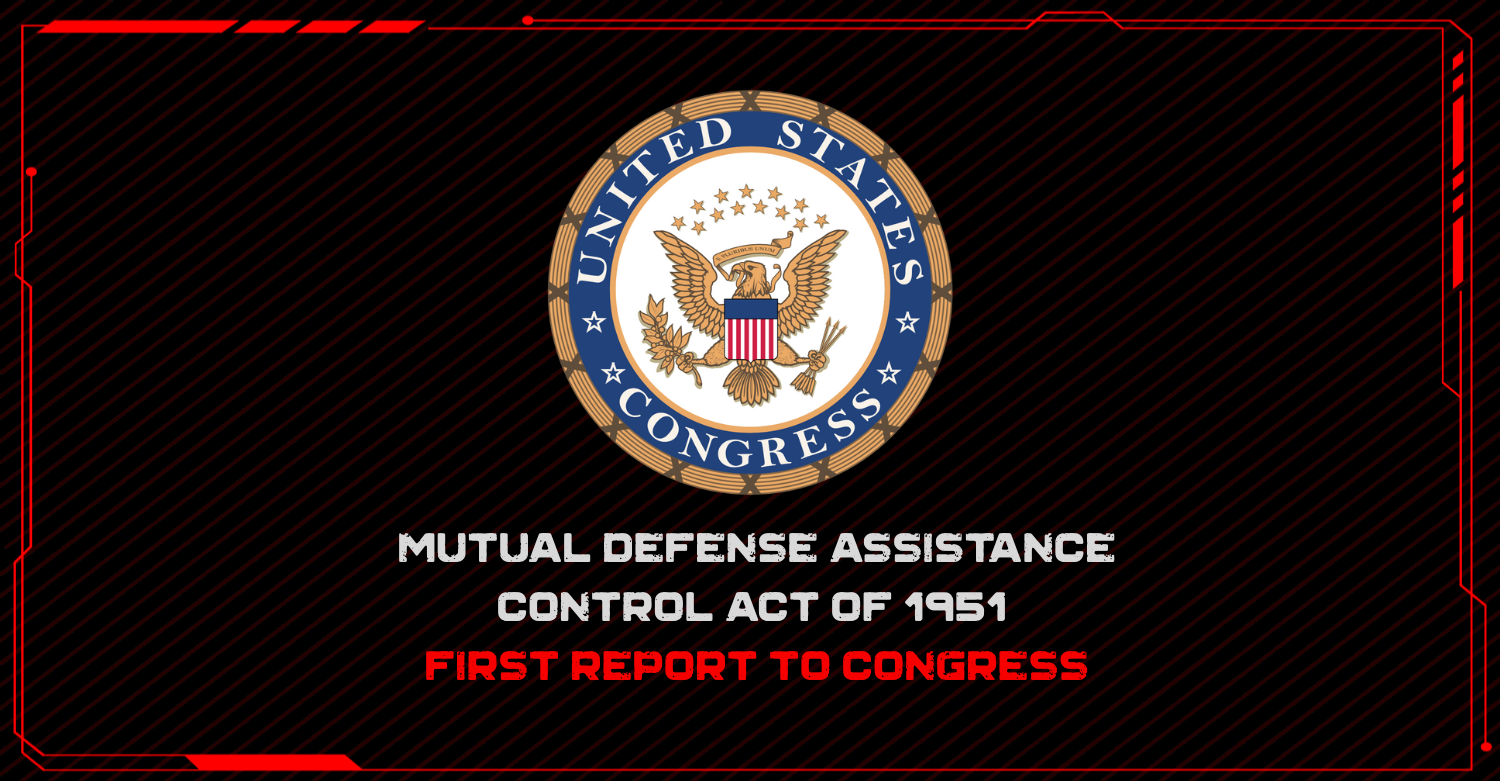
Summary:
The Mutual Defense Assistance Control Act of 1951 (“Battle Act”) conditions U.S. aid on stopping exports of strategic goods to the Soviet bloc. While the statute does not name silver specifically, it empowers an Administrator to define and update embargo lists for “items of primary strategic significance” to war production and “atomic energy materials.” Because silver is crucial for high-reliability electrical contacts, brazing alloys, sensors, munitions electronics, and nuclear technologies (e.g., Ag-In-Cd control rods, radiation-hard components), refined silver, silver powders/compounds, and silver-bearing parts could be controlled when designated as strategically significant.
Title II extends controls to “other materials” headed to the Soviet sphere and requires U.S. aid recipients to adopt comparable export-control regimes and share data. In practice, this framework allowed Washington to curb silver flows that materially supported weapons manufacture or atomic-energy infrastructure—directly (as metal/compounds) or indirectly (as essential inputs in strategic equipment). Non-cooperative countries risked suspension of U.S. military, economic, or financial assistance.
Administration, reporting, and coordination provisions encourage allied alignment (e.g., multilateral control lists) and carve out U.S. procurement of materials in which the United States is “deficient” from the definition of “assistance.” That exemption preserved flexibility to stockpile or source strategic metals—like silver in periods of defense or monetary strain—without tripping the Act’s cutoff provisions, while still restricting adversary access when silver was deemed strategically sensitive.
Enactment & current status: Signed into law on October 26, 1951 by President Harry S. Truman. Its operative export-control mechanics were later superseded—principally by the Export Administration Act of 1979 (effective October 1, 1979) and, today, by the Export Control Reform Act of 2018 and the EAR framework—so the Battle Act no longer governs modern export controls.
